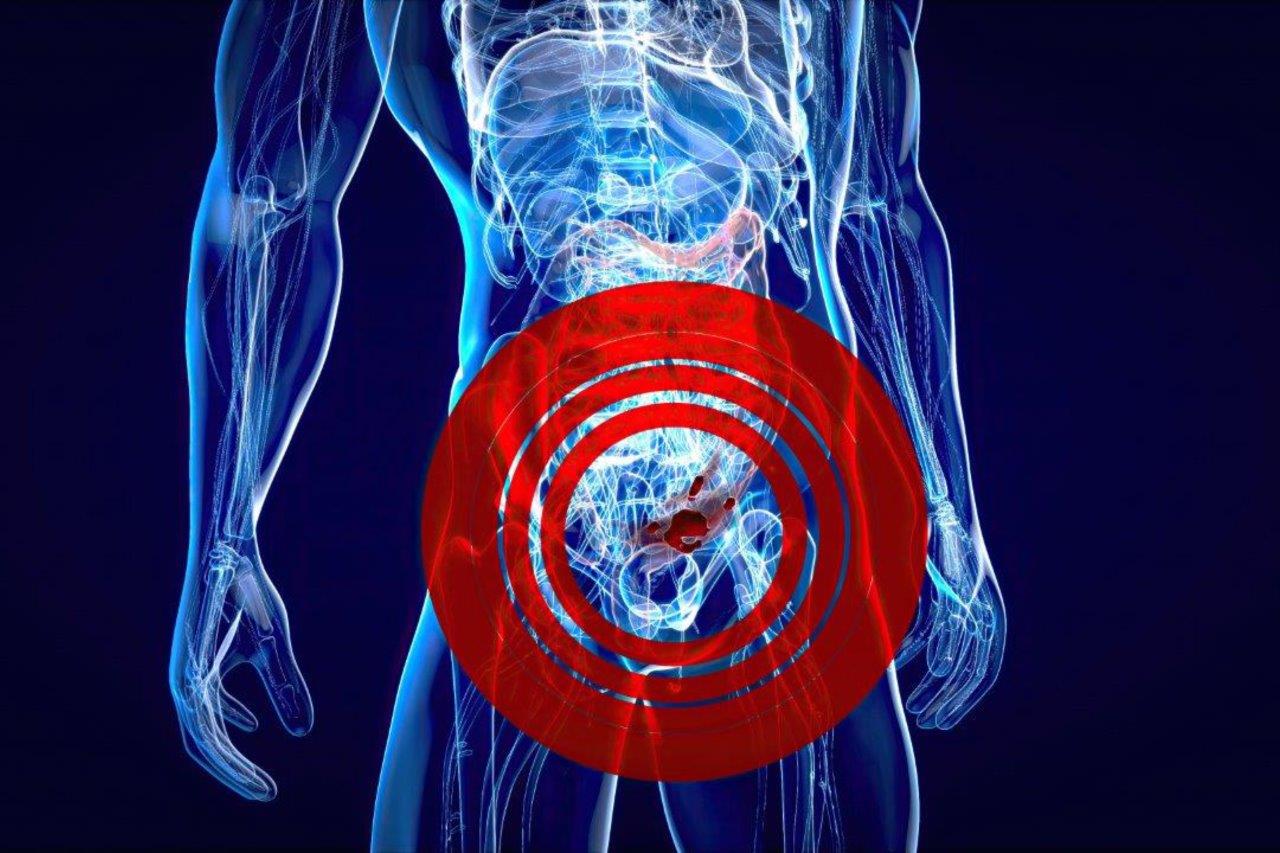Calf thymus hormones inhibit the growth of colon tumors (May 2022)
An article published in May 2022 in the journal Frontiers in Pharmacology describes the impact of calf thymus polypeptides on regulating immune functions dependent on gut microbiota. In the mice studied, there was an increase in proteins and cytokines associated with immunity as well as an increase in T lymphocytes, effectively slowing the growth of colon tumors.
Colorectal cancer is the fourth most common cancer and ranks third in cancer-related mortality. Depending on the extent of metastasis, the 5-year survival rate after tumor removal ranges from 91% to 13%. Additionally, 60% of patients require further chemotherapy post-resection, and 10% experience a recurrence of the disease.
The number of microbes in the human gut can reach up to 100 trillion, so it is not surprising that the species composition and substances they produce influence health. The growth of colon tumors is associated with a decrease in beneficial Lactobacillus bacteria and an increase in pathogenic Fusobacterium. Administering thymic enzymes to mice led to an increase in Clostridia, whose metabolites have been linked to immune regulation and the reduction of chronic inflammation. On the other hand, the numbers of Allobacullum and Desulfovibrionales decreased, which are indicators of immune system damage due to CD-45 deficiency and sources of harmful cytotoxic compounds, respectively.

The main polypeptides from calf thymuses are thymosins, which promote the maturation of T lymphocytes by increasing the synthesis of interleukin 7. Thymosin alpha 1 inhibits the apoptosis of Th and Tc leukocytes. Th leukocytes promote co-stimulatory molecules and cytokine expression in dendritic cells, all of which contribute to the activation of T lymphocytes. Additionally, some of these cells promote a cytotoxic immune response, while others promote a humoral immune response and limit the cytotoxic immune response. Cytotoxic Tc lymphocytes are the primary participants in the adaptive immune response against cancer and trigger a tumor-specific immune response, making them crucial components of immunotherapy. Thymic enzymes also increased the number of NK cells in the peripheral blood of mice. As non-specific killer cells, NK cells can promote specific immune responses or directly kill target cells through antibody-dependent pathways. A decline in the percentage of NK cells in peripheral blood is typically associated with a high incidence of cancer.
The final observation was a decrease in the levels of PD-1, PD-L1, and CTLA4 proteins, which are found on the surface of lymphocytes and are responsible for inhibiting their activity, associated with reactive responses of cancer cells. Administering antibodies against these proteins is one of the forms of cancer therapy.
In summary, the researchers demonstrated that calf thymus polypeptides are responsible for inhibiting the growth of colon tumors in mice through their effects on gut microbiota and can be applied in clinical treatment.
The full article can be found at: https://www.frontiersin.org/articles/10.3389/fphar.2022.898906/full.
